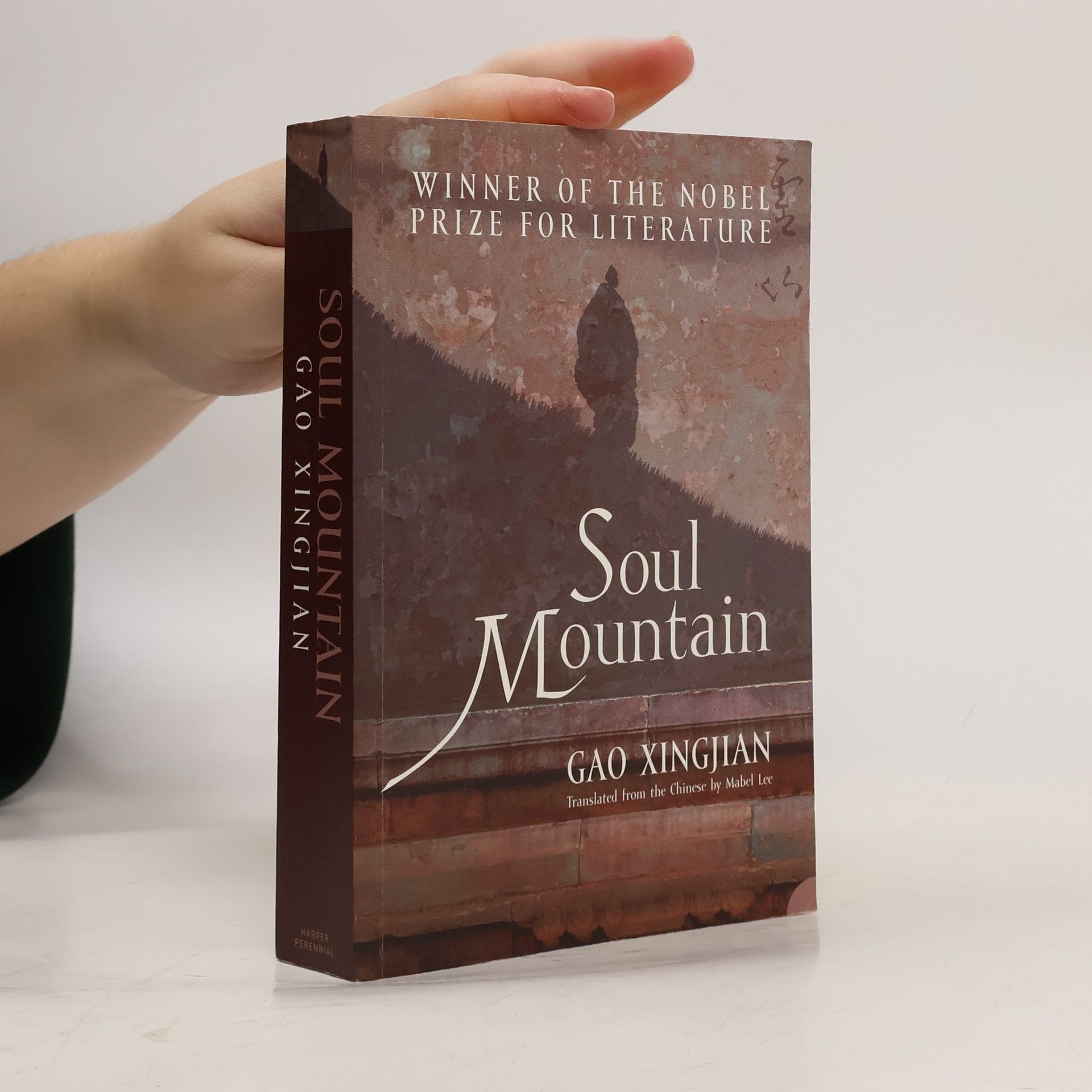Buying a Fishing Rod for My Grandfather
- 180bladzijden
- 7 uur lezen
Paperback. Pub Date :2010-05-21 192 English Harper Perennial From Chinas first-ever winner of the Nobel Prize for Literature comes an exquisite new book of fictions. none of which has ever been published before in English . A young couple on honeymoon visit a beautiful temple up in the mountains. and spend the day intoxicated by the tranquillity of the setting; a swimmer is paralysed by a sudden cramp and finds himself stranded far out to sea on a cold autumn day; a man reminisces about his beloved grandfather. who used to make his own fishing rods from lengths of crooked bamboo straightened over a fire ... Blending the crisp immediacy of the present moment with the soft afterglow of memory and nostalgia. these stories hum with simplicity and wisdom - and will delight anyone who loved Gaos bestselling novels. Soul Mountain and One Mans Bible.


